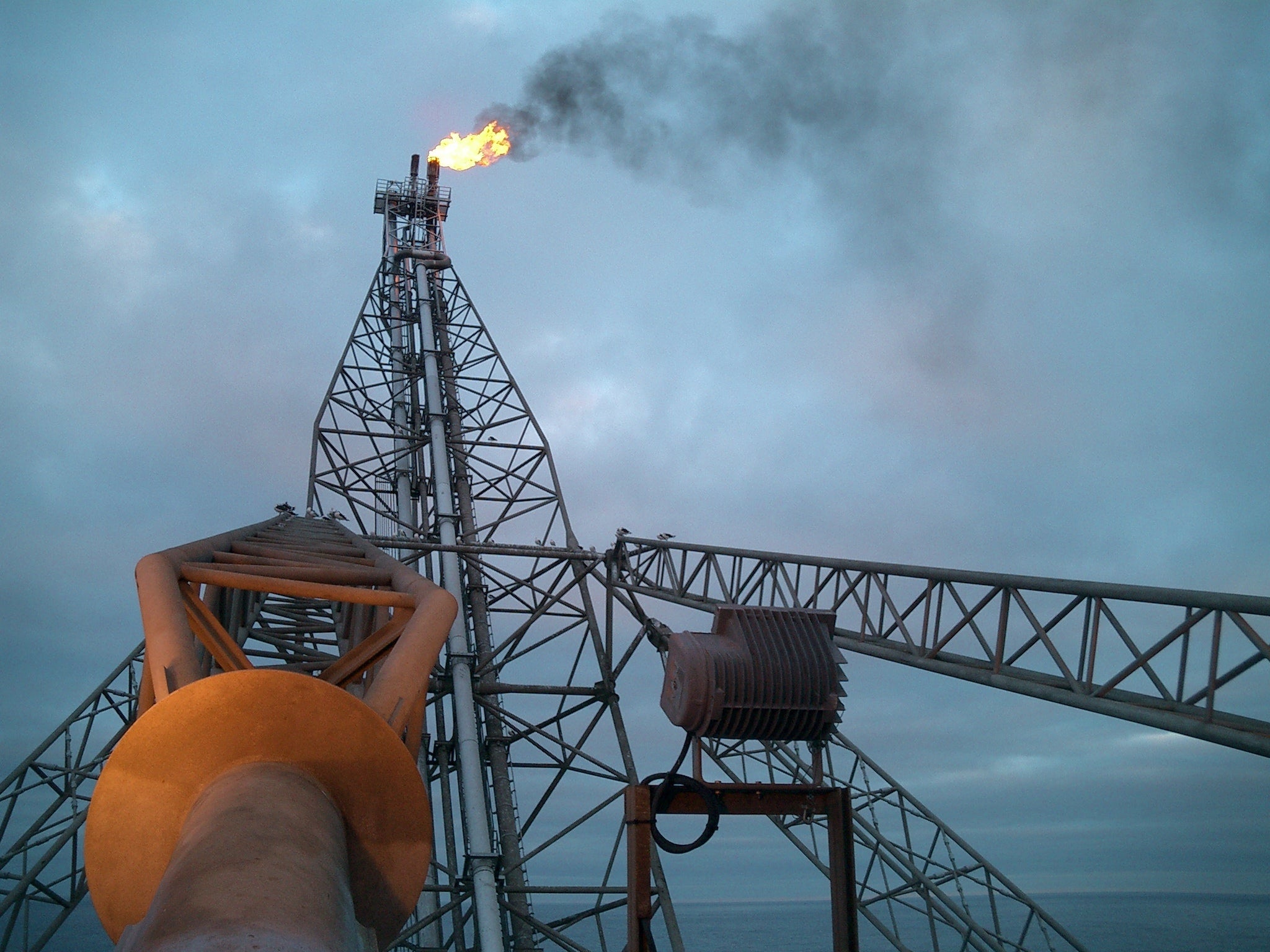
A report by the International Energy Agency (IEA) has estimated that Russia will reduce its oil production by three million barrels per day (bpd) from April.
The IEA’s monthly ‘Oil Market Report’ said that sanctions against Russia “threaten to create a global supply shock”. It also said that “only Saudi Arabia and the UAE hold substantial spare capacity that could immediately help to offset a Russian shortfall”.
However, OPEC nations have signalled their reluctance to increase production, while the IEA does not expect output increases from the US, Canada, or others to meet the shortfall. As a result, the report expects that sanctions will “appreciably depress global economic growth”.
Authors expect a 1.5 million bpd fall in crude exports and a one million bpd fall in export of oil products. The report also anticipates a 1.1 million bpd reduction in refinery throughput in Russia, of which 240,000 bpd will be offset by increases elsewhere.
At the same time, the agency reduced its 2022 world oil demand forecast by 1.3 million barrels per day from April. This would still leave a 700,000 bpd global supply deficit from the second quarter of 2022. It now expects average 2022 global total oil demand of 99.7 million bpd, 2.1 million bpd more than in 2021. This would leave demand below pre-pandemic levels of approximately 100 million barrels per day.
In a summary, the IEA states that “Urals crude is being offered at record discounts, with limited uptake so far. Some Asian oil importers have shown interest in the much cheaper barrels but are, for the most part, sticking to traditional suppliers in the Middle East, Latin America, and Africa for the bulk of their purchases”.
Low levels of oil in storage have maximised the impacts of trade disruption. The report states that OECD oil stocks have reached their lowest level since April 2014, covering approximately 57 days of demand. It continues: “Preliminary data for the US, Europe, and Japan indicates that industry stocks decreased by a further 29.8 million barrels in February.”



